Anti-Social Media
Is social media truly social, or is it anti-social? This post explores some thoughts on its increasingly anti-social nature.
Social media has changed in many ways. In the past, people used these platforms to hold corporations accountable. That avenue seems largely to have dried up. Algorithms have become more sophisticated and now appear to serve corporate interests, making it harder to criticize certain companies—including, of course, the platforms themselves.
This was made especially clear during the COVID lies and deception era, when many corporations profited in grotesque ways. Lockdowns favored several commercial interests. Testing kits, masks, plexiglass, Amazon purchases, vaccine mandates, social media—all of these made already wealthy and well-connected people even richer.
Apparently, there is a way to speak defiantly about the COVID lies and deception narrative and still make a profit. Yet that seems highly unlikely. My impression is that whenever someone earns substantial income from supposed defiance—say, hundreds of thousands or millions per year from Substack subscriptions—they are more likely being supported by the very institutions they claim to oppose.1 The giveaway lies in what they focus on. Do they talk endlessly about “the vaccine”? That’s not a good sign. Those who still want the shots will continue to take them regardless; discussing the topic endlessly doesn’t change much.
Social media also takes a toll because of the constant pursuit of dopamine from rapid, low-effort connections. It offers quick interactions without the awkwardness or commitment required for real relationships. As a result, many people might benefit from stepping away. Speaking from personal experience, since leaving, my health has noticeably improved.



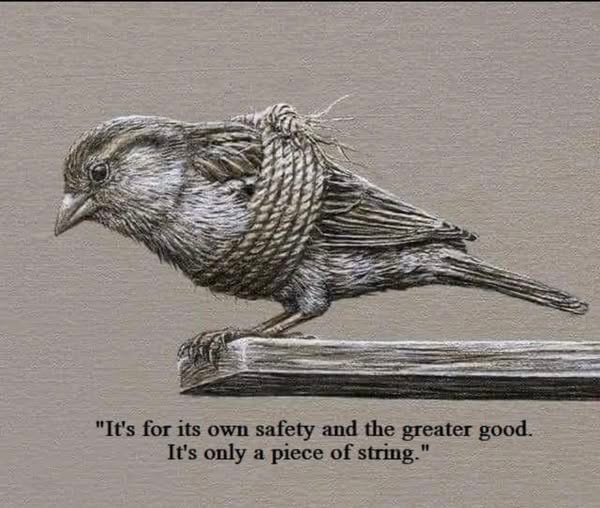
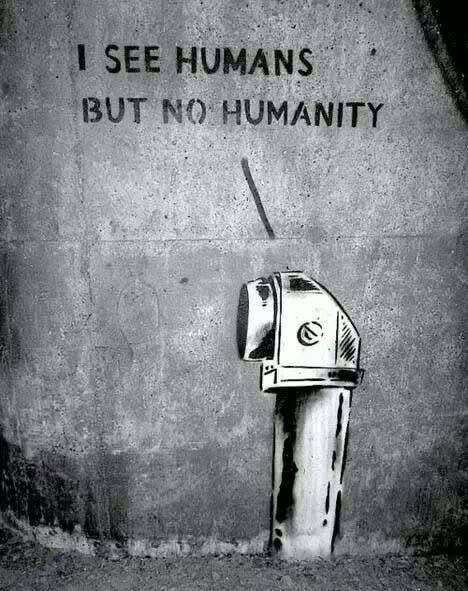
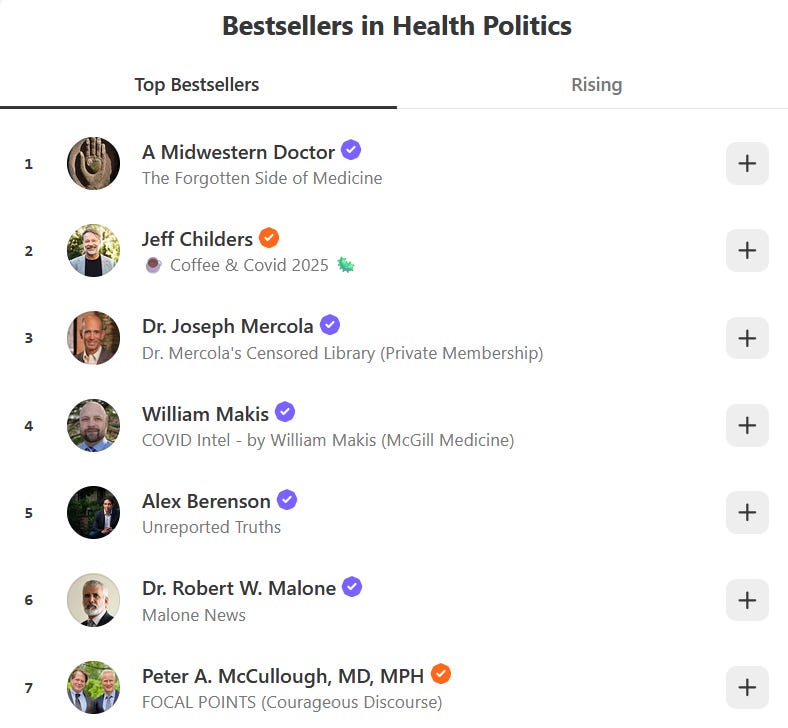
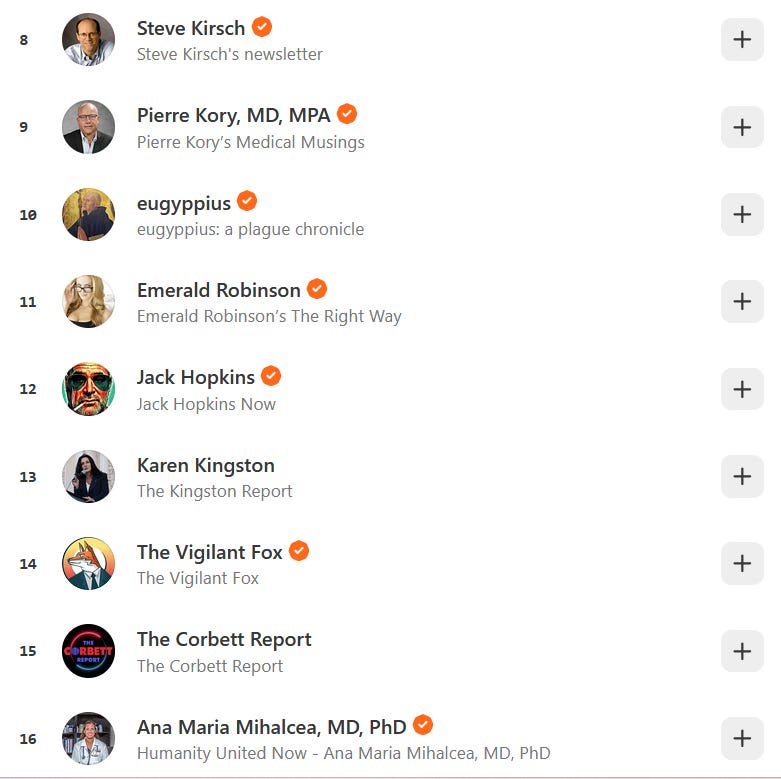
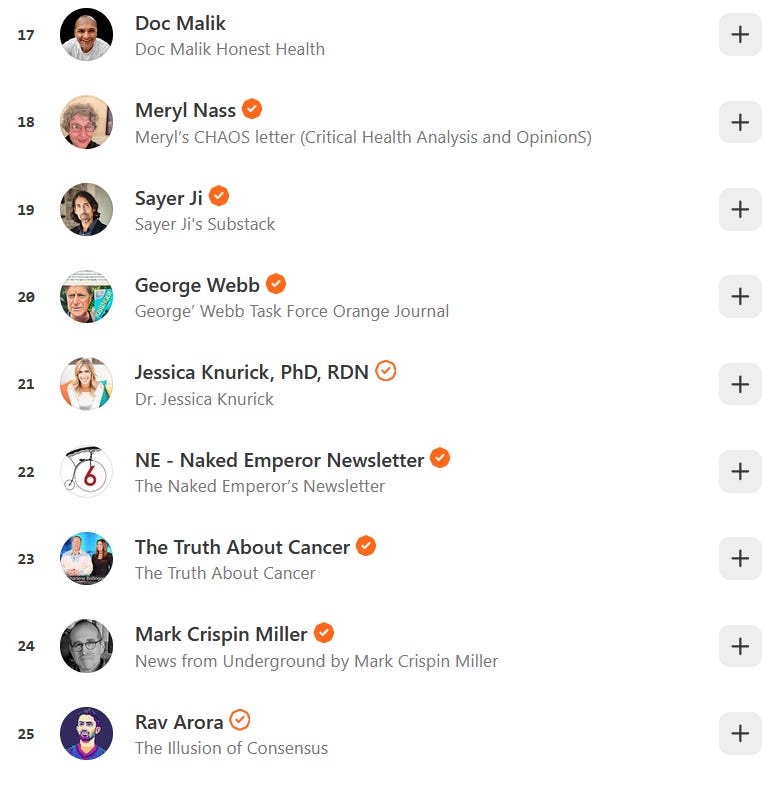
The mainstream, in general, sucks. Frustration is partially resolved by following intelligent content creators and underground/alternative information.
Renee, I would like to think this doesn’t apply to our ilk here on SS, but…maybe we are sucked in to the mire too. We totally unhooked from cable, satellite, and all the streaming nonsense several years ago and we are none the worse for it.